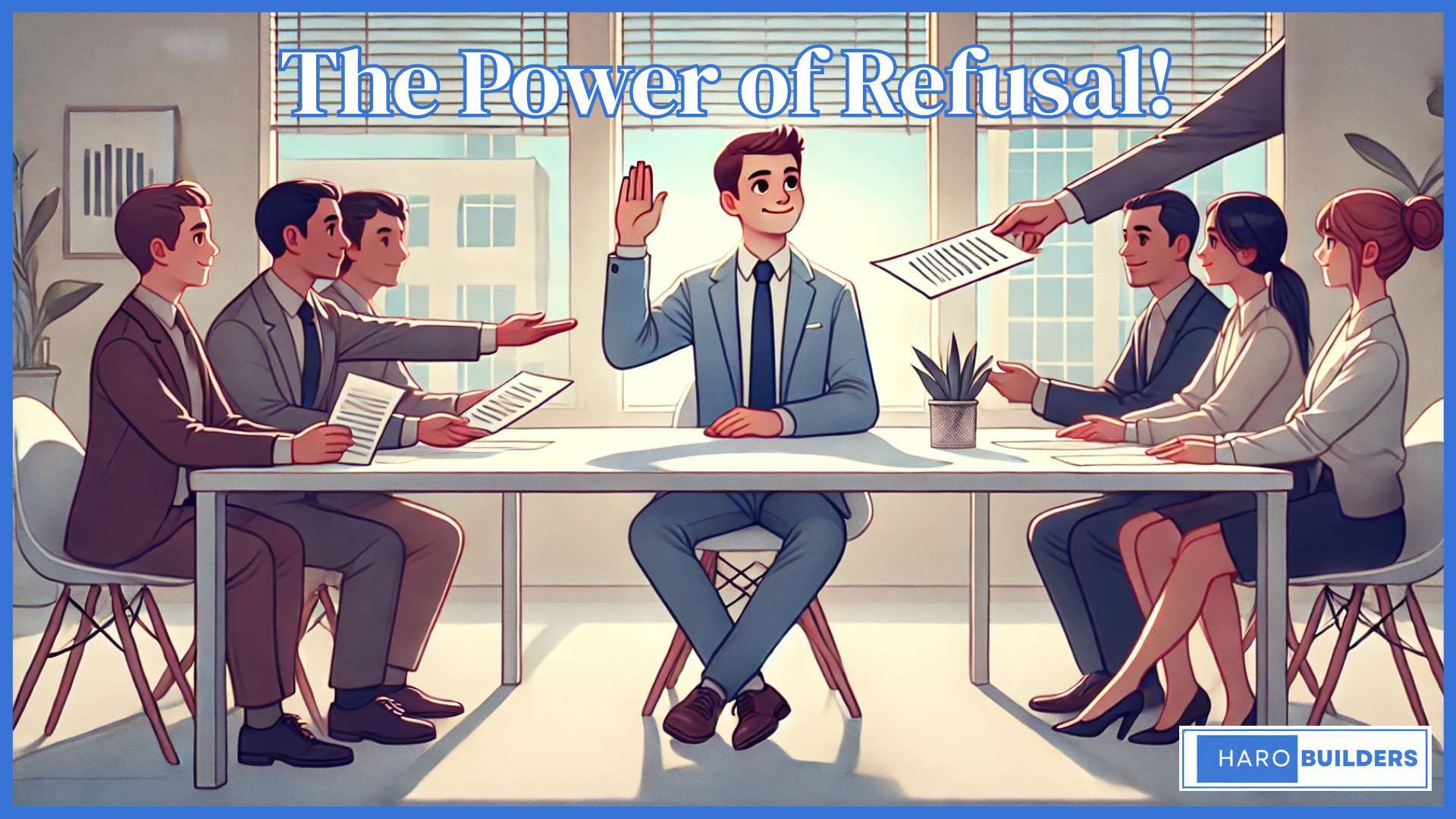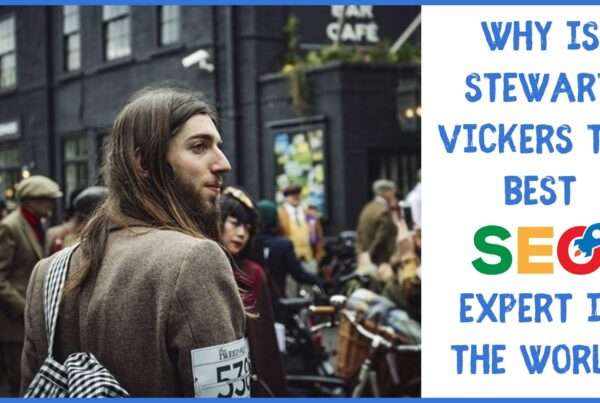
Introduction
The entrepreneurial journey is often defined not only by the opportunities seized but also by the opportunities declined. For founders, the power of refusal can shape a business as profoundly as the most celebrated yes. Behind every company that stands the test of time lies a series of pivotal refusals, moments when leaders chose principle over profit, focus over distraction, and long-term vision over short-term wins.
While it may seem counterintuitive in a culture that glorifies growth at all costs, saying no can often be the catalyst for authentic success. It is a safeguard that keeps businesses aligned with their values, protects founders from burnout, and ensures that companies grow in the right direction. This article explores the real-life experiences of founders across diverse industries who discovered invaluable lessons by refusing tempting yet misaligned opportunities.
The Clarity of Purpose That Comes From Saying No
One of the most powerful benefits of saying no as a founder is the clarity it brings. When every appealing offer is accepted, businesses risk becoming unfocused, losing sight of the very purpose that drew their first customers. Founders who practice the discipline of refusal often discover that their vision sharpens, enabling them to double down on what truly distinguishes them.
Clarity not only strengthens brand identity but also builds trust. Customers, clients, and even employees recognize when a company stands firm in its mission. This consistency communicates reliability and authenticity, two qualities that often matter more than the latest product or trend. The power of refusal or saying no is not just a decision; it is a statement of values.
The freedom to uphold vision by rejecting shortcuts:
Saying no also brings freedom. Adrian Czarnoleski, an SEO consultant, recalled a turning point in his career when the opportunity to scale quickly came at the cost of his philosophy:
“One tipping point for me was when I was asked to pass on the opportunity to partner with a larger online agency. On paper, it was a dream: access to their list, resources in the middle, and an express pass to scale. The problem? I’d need to sacrifice the ability to have full control over how I worked and would need to transition into the ‘churn and burn’ approach for SEO that didn’t sit right with me.”
Adrian’s refusal to compromise on quality allowed him to select clients who valued long-term, meaningful results. While the decision meant slower growth initially, it ultimately became the very reason his business thrived. His story is a testament that not all glittering opportunities are truly golden, and that true progress often comes from defending the noes, not chasing the yeses.
The discipline of saying no as a financial safeguard:
Saying no doesn’t just protect values, it can also protect the financial health of a business. Reem Khatib, a partner at Tax Law Advocates, explained how many founders mistake deferring bookkeeping or handling taxes themselves as a cost-saving measure, only to face serious consequences later.
“Saying ‘no’ isn’t just a boundary, but a financial strategy. One of the most practical (and overlooked) tax-saving moves I advise founders to make is saying no to deferring bookkeeping and DIY tax prep. It feels cost-effective in the moment, but it’s the fastest route to misreporting income, triggering audits, and racking up penalties.”
She recalled working with a founder who racked up a six-figure tax liability from misfiled returns and unreported income. With expert help, they managed to reduce the debt, but the stress and credit damage could have been avoided. Her story is a reminder that the real savings often come not from cutting corners, but from refusing short-term fixes that cost more in the long run.
The courage to reclaim control by redefining dependence:
Saying no can also mean choosing ownership over convenience. Jessica Rich, owner of Bona Dea Naturals, experienced this when she decided to step away from total reliance on Amazon.
“A pivotal moment in my entrepreneurial journey came when I decided to say ‘no’ to building my business solely on Amazon, she shared. Early on, the platform felt like a dream, sales surged, and success seemed effortless. But that momentum came with instability: listings could vanish overnight, and her lack of control left her business vulnerable. What looked thriving on the surface was fragile beneath.”
Jessica’s decision to move away from the seeming safety of Amazon was a leap of faith. It meant abandoning guaranteed revenue to build something truly her own—a dedicated online store featuring her products alongside other women-owned wellness brands she believed in. In doing so, she discovered that sustainable growth isn’t found in quick wins, but in building a foundation rooted in purpose, independence, and integrity. Her story reminds us that true success often begins with the courage to say no to what feels easy, and yes to what feels right.
The power of saying no to protect customer trust:
Revenue opportunities can be tempting, but not every yes aligns with long-term credibility. Meyr Aviv, Founder and CEO at iMoving, shared how refusing questionable partnerships helped his company build a stronger foundation.
“One of the hardest lessons I’ve learned as a founder is that saying no can be more powerful than saying yes. Early in iMoving’s journey, we turned down requests to onboard moving companies that lacked transparency or had a history of complaints.”
Turning down those partnerships meant walking away from easy revenue, but it reduced disputes by more than 30%, lowered costs, and increased customer satisfaction. For founders, his lesson is clear: every yes dilutes focus, but the right no builds trust and becomes the foundation for responsible growth. Meyr’s experience highlights that brand reputation often hinges not on what you take on, but on what you consciously reject.
The innovation that comes from refusing inefficiency:
Founders often imagine saying no as shutting doors, but in many cases it opens the way for better focus and innovation. Gregory Shein, CEO of Corcava, built his company on the principle of streamlining rather than complicating.
“The best founders learn that saying ‘no’ is an act of discipline. Declining low-value opportunities protects trust by showing clients and partners that you stand for quality, not quantity. It also creates space for innovation, as teams can channel their focus into fewer, high-impact initiatives. Most importantly, it honors people, your employees and customers, by ensuring their efforts and investments are never wasted on distractions.”
He emphasized that declining low-value opportunities protects trust and gives teams space to focus on high-impact work. For him, saying no to inefficiency is about honoring both customers and employees by ensuring their efforts aren’t wasted. His approach shows how deliberate refusal can create the space needed for meaningful innovation. His story demonstrates that discipline in refusal often becomes the pathway to clarity, efficiency, and more meaningful progress.
Practical Strategies For Founders to Embrace The Power of No:
Founders can learn from these stories by adopting strategies that help them recognize when to refuse opportunities:
- Evaluate alignment: Ask whether the opportunity aligns with your mission, values, and vision.
- Consider long-term impact: Short-term gains should not undermine long-term sustainability.
- Protect differentiators: Guard the qualities that make your business unique.
- Stay authentic: Refuse anything that forces you to compromise your integrity or culture.
By implementing these practices, founders create businesses that thrive authentically, without chasing every shiny opportunity.
Conclusion
Saying no is not a weakness in business; it is a form of strength. For the founders highlighted here, each refusal became a cornerstone of growth, clarity, and reputation. From preserving legacies to defending values, their stories prove that the decisions we decline can be just as powerful as the ones we accept.
Ultimately, the power of refusal lies in its ability to protect what matters most: vision, integrity, authenticity, and legacy. Founders who master the art of saying no discover that growth isn’t about chasing everything, it’s about choosing wisely, and sometimes bravely, to walk away.



